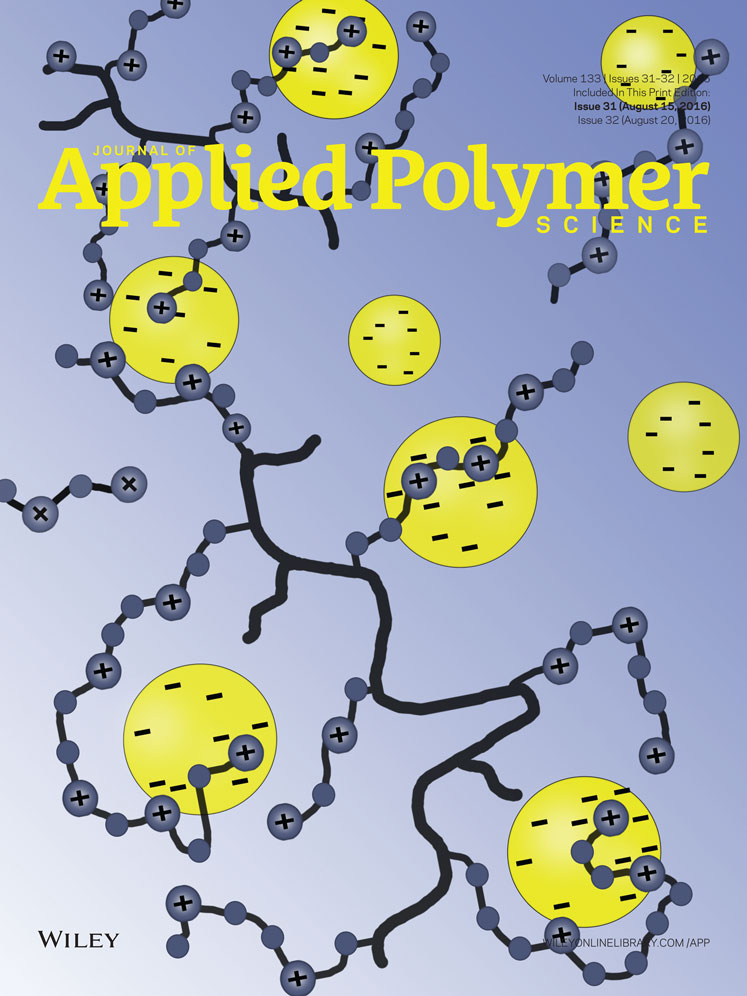Influence of processing condition and carbon nanotube on mechanical properties of injection molded multi-walled carbon nanotube/poly(methyl methacrylate) nanocomposites
ABSTRACT
In this work, multi-walled carbon nanotubes (MWCNT) and poly(methyl methacrylate) (PMMA) pellets were compounded via corotating twin-screw extruder. The produced MWCNT/PMMA nanocomposite pellets were injection molded. The effect of MWCNT concentration, injection melt temperature and holding pressure on mechanical properties of the nanocomposites were investigated. To examine the mechanical properties of the MWCNT/PMMA nanocomposites, tensile test, charpy impact test, and Rockwell hardness are considered as the outputs. Design of experiments (DoE) is done by full factorial method. The morphology of the nanocomposites was performed using scanning electron microscopy (SEM). The results revealed when MWCNT concentration are increased from 0 to 1.5 wt %, tensile strength and elongation at break were reduced about 30 and 40%, respectively, but a slight increase in hardness was observed. In addition, highest impact strength belongs to the nanocomposite with 1 wt % MWCNT. This study also shows that processing condition significantly influence on mechanical behavior of the injection molded nanocomposite. In maximum holding pressure (100 bar), the nanocomposites show highest tensile strength, elongation, impact strength and hardness. According to findings, melt temperature has a trifle effect on elongation, but it has a remarkable influence on tensile strength. In the case of impact strength, higher melt temperature is favorable. © 2016 Wiley Periodicals, Inc. J. Appl. Polym. Sci. 2016, 133, 43738.




